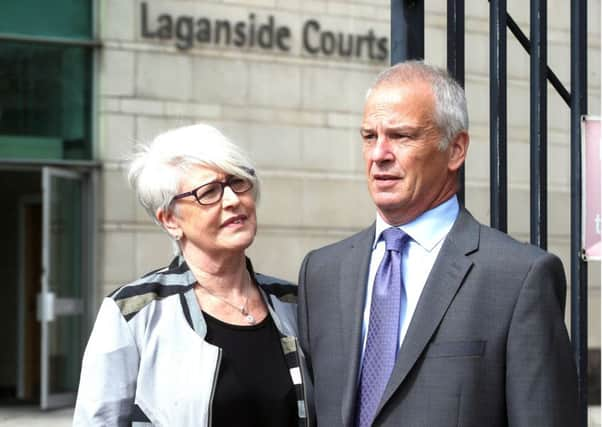Absence of Executive '˜appalling' after child deaths


The Hyponatraemia Inquiry found that four of the five children’s deaths could have been prevented, caused by a failure to regulate sodium levels.
Lord Chief Justice Sir Declan Morgan said the absence of a devolved government - for 600 days and counting - was “depressing”.
Advertisement
Hide AdAdvertisement
Hide AdHe was speaking ahead of a conference in Belfast about managing error in health care.
An inquiry into the deaths made 96 recommendations and the Department of Health says it has a plan in place to address them.
Sir Declan told the BBC: “If the Executive had been sitting these matters would have been torn apart by the health committee and there may even have been proposals to get round to implementing quite a number of them.
“Obviously there are things that we can look at and we will try and administratively do what we can but this is another example similar to the Historical Institutional Abuse inquiry where those who were abused, where we desperately need somebody to take responsibility for ensuring we move forward.
Advertisement
Hide AdAdvertisement
Hide Ad“It really is shocking that we find ourselves in a position now over 600 days and we can do nothing. It’s appalling.”
Sir Declan Morgan is expected to call for more mediation between families, health professionals and legal teams as opposed to resolving complex issues in court.
“I think one of the things that came out of Mr Justice O’Hara’s report was that there is a culture which isn’t designed to promote getting to the truth of the issue as early as possible,” he added.
“As you know changing a culture is about the most difficult thing. You can change the legislation but changing the culture is the big thing and I think that is the task that needs to be set. I think we have to play our part to encourage that to occur.”